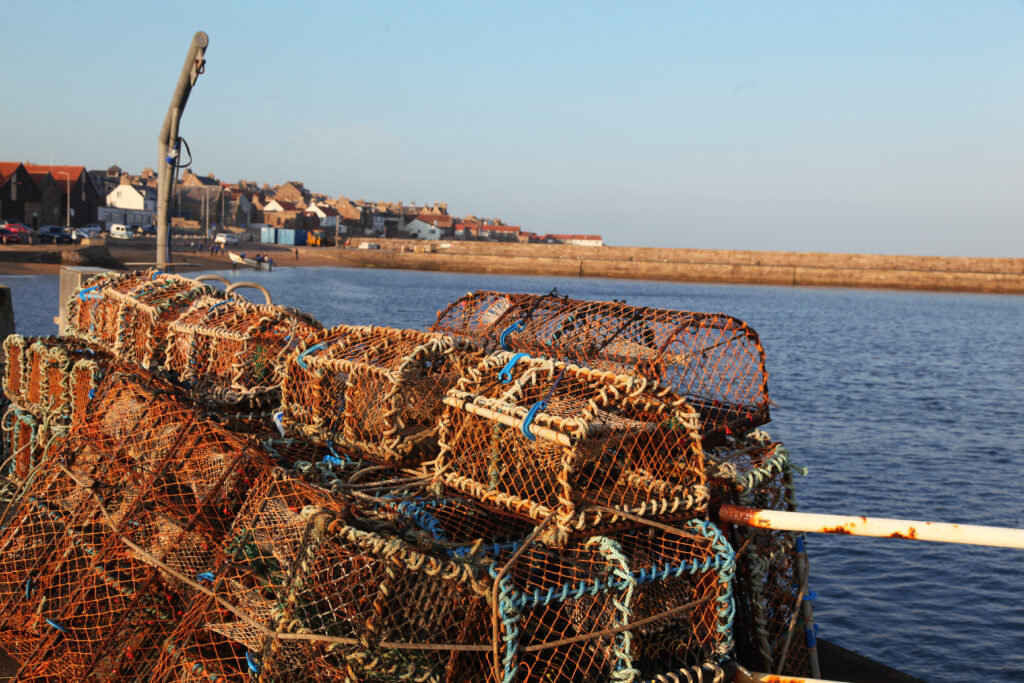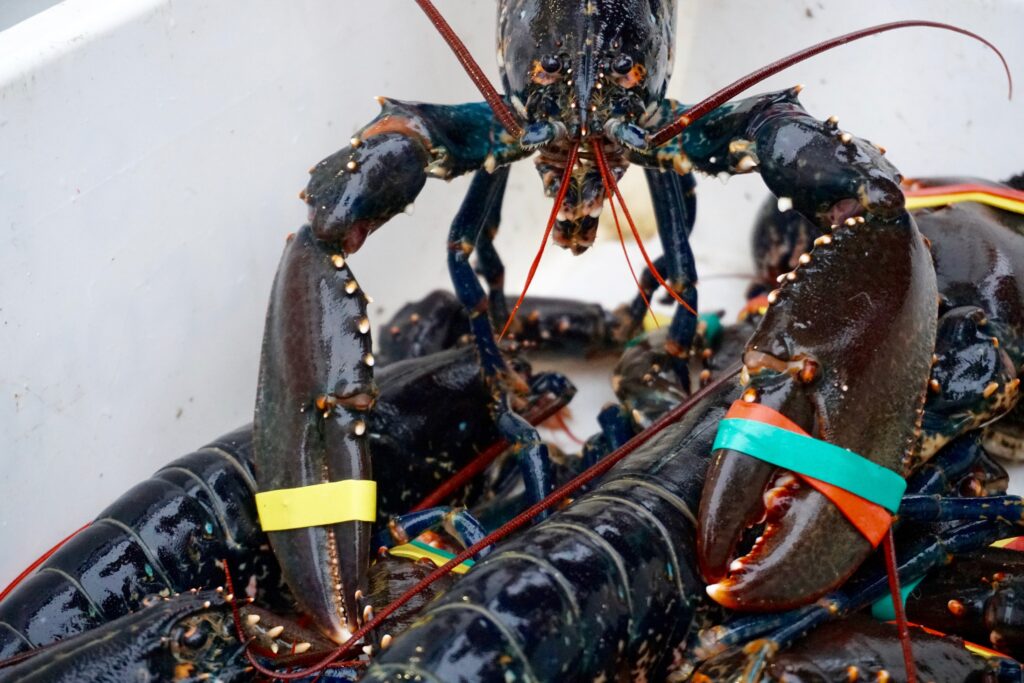

The post-Brexit Fisheries Act 2020 sets out the government’s ambition to manage British wild fisheries in a sustainable and evidenced-based manner. The Act requires fisheries policy authorities from the four devolved nations to prepare Fisheries Management Plans (FMP) for commercial fish and shellfish species. These FMPs will set out policies and management plans designed to achieve sustainable levels of exploitation for different species, areas and types of fishing activity.

For quota species, which have been subject to many years of scientific stock assessments to enable setting of catch limits and sharing of fishing opportunities, sufficient information exists to inform FMPs. However, for species that were formerly managed on a non-quota basis (“Non-Quota Stocks”, NQS), such as bass, dab and red mullet, less evidence exists to help develop FMPs that will ensure sustainable management going forward.
The Company’s Fisheries Charitable Trust(FCFCT) wants to ensure FMPs are equitable, adaptive and benefit: the marine environment; the fishing sector; and the communities that rely on sustainable fisheries. The challenges involve: creating fair access to fishing opportunities; enabling industry to contribute towards management decisions; and ensuring transparent and publicly accountable governance processes going forwards.
To enable industry engagement, the FCFCT has funded Seafish to develop several industry advisory groups, which focus on non-quota finfish and some species of shellfish, such as whelks, crabs and lobsters. The industry groups have grown significantly since their inaugural meetings, and host between 55 – 100 industry members. The last whelk meeting was held at Fishmongers’ Hall and was hailed a huge success.

As part of the collaborative FMP development process, Seafish and the industry advisory groups create engagement strategies, evidence statements, identify knowledge gaps, and draft FMP objectives to improve fisheries management. Industry members have also identified priorities for FMPs, including ensuring that the shellfish sector is appropriately engaged on marine spatial planning issues, promotion of trade opportunities, and means of addressing welfare issues.
At the beginning of 2022, the crab and whelk groups were successful in securing government funding to undertake two significant research projects focused on using artificial intelligence and camera systems to improve catch composition data for crab and lobster and a combined whelk data improvement project looking at whelk pot design to reduce bycatch, trialling artificial whelk baits, and gathering anecdotal data from whelk fishers to inform stock boundary definition.
We look forward to continuing our support for this initiative as the UK’s rewrites its fisheries management policy and legislation.